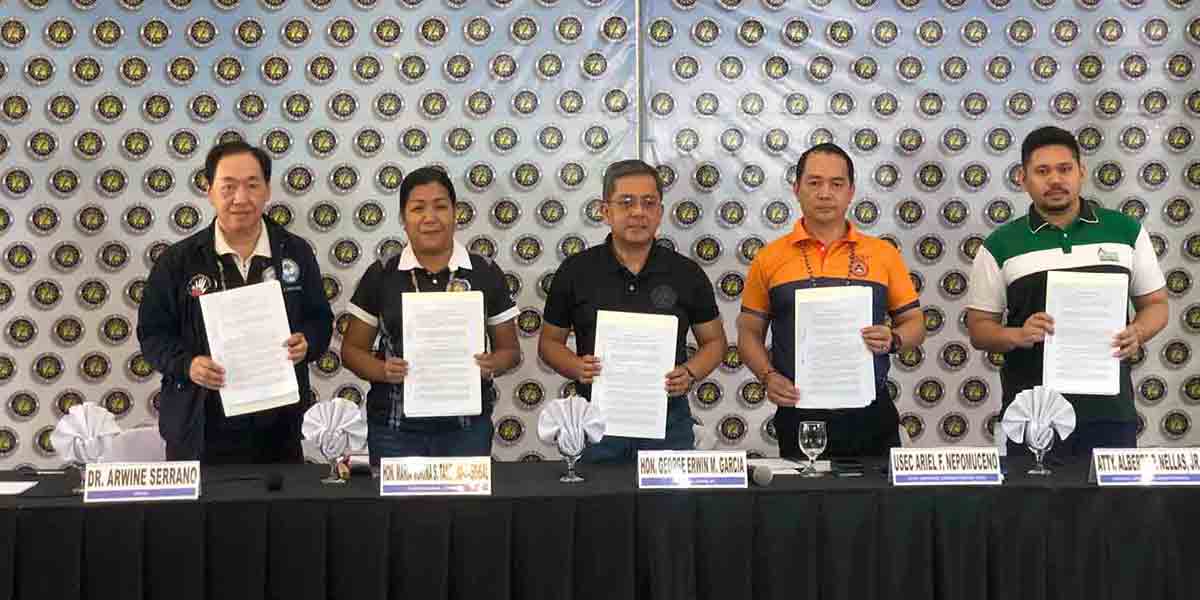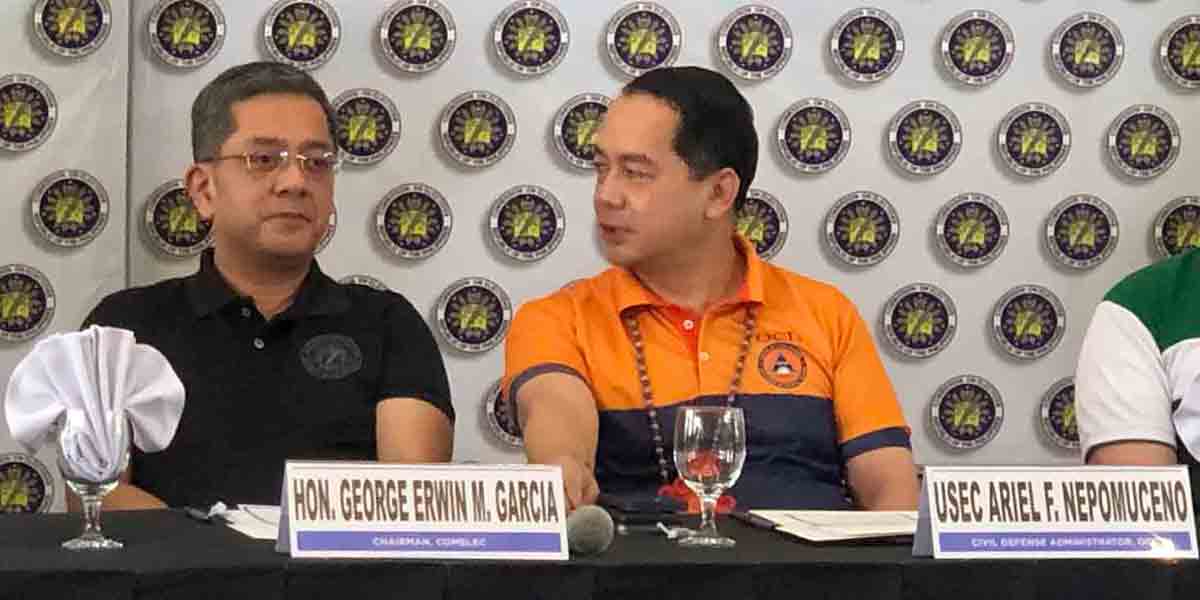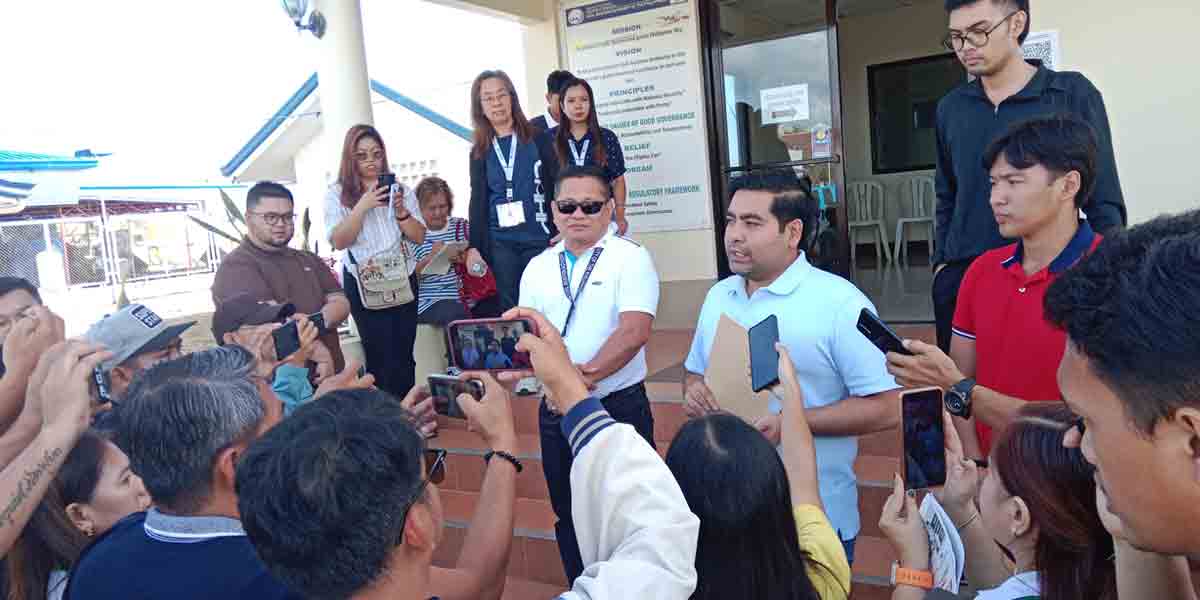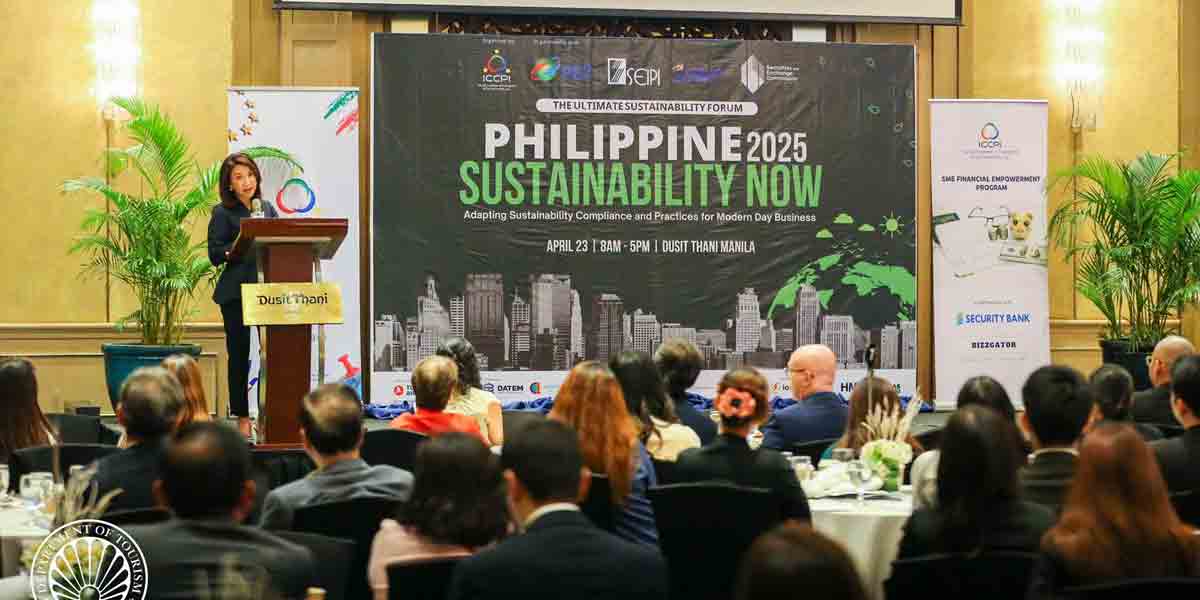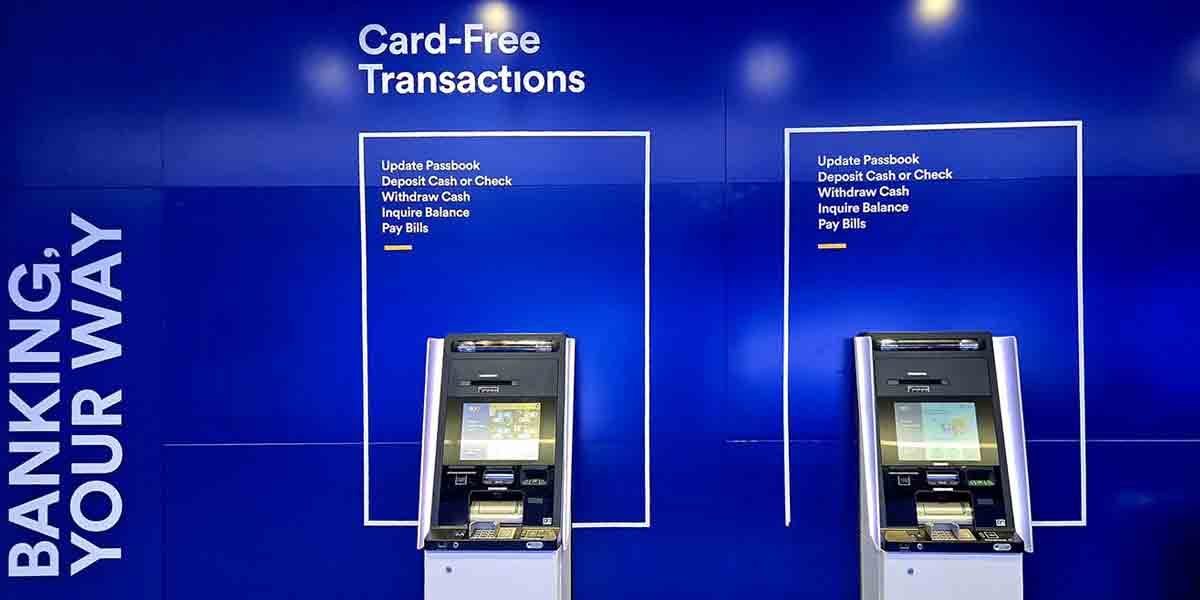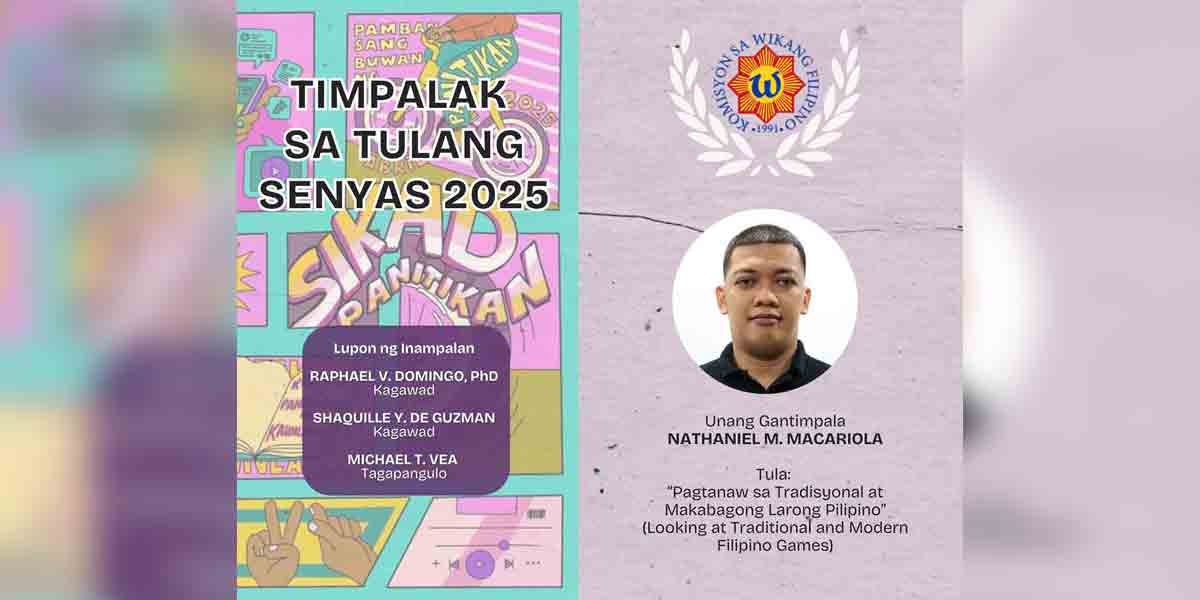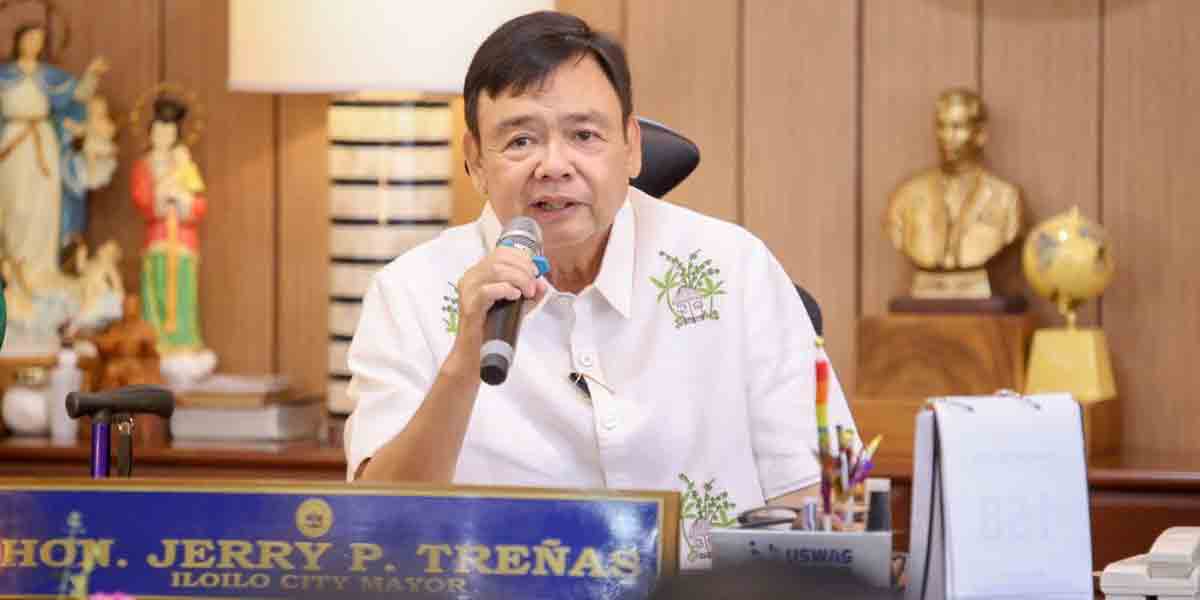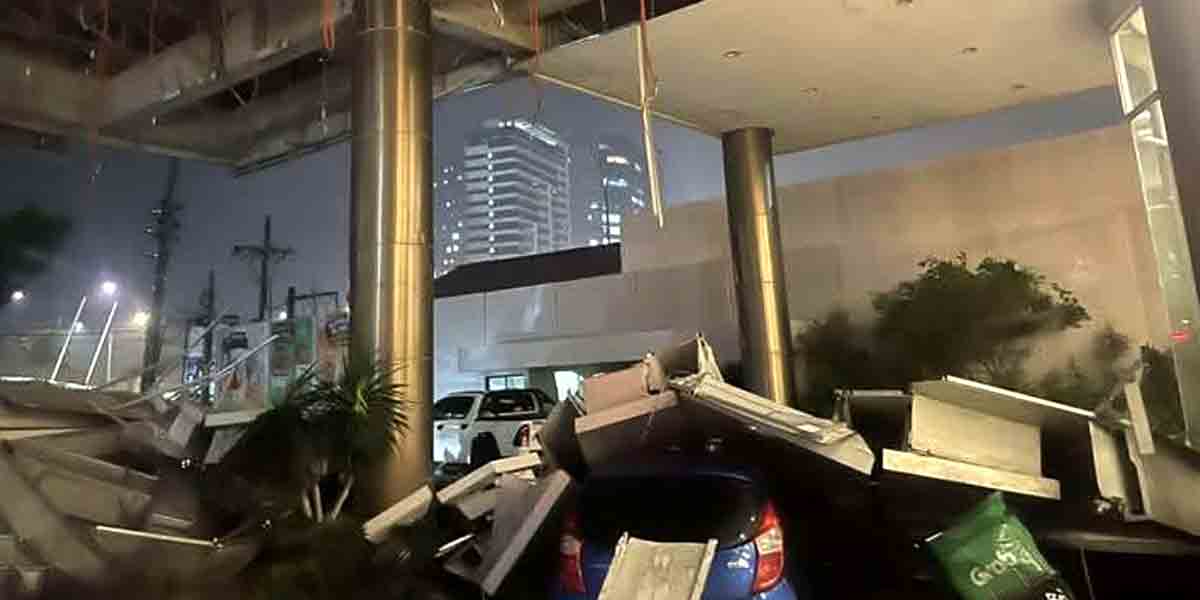The most troubling takeaway from the latest Philippine Observatory on Democracy (POD) survey is not that only 41 percent of urban Filipinos favor democracy—it is that an almost equal number either do not care or would welcome authoritarian rule under the right conditions.
That kind of democratic ambivalence is no longer theoretical. It reflects lived realities shaped by economic insecurity, political fatigue, and unmet promises. For many Filipinos, the idea of democracy has become more abstract than aspirational—reduced to slogans, eroded by survival concerns.
The survey, conducted in December 2024 across six major cities, captured a dangerous truth: people are tired. They are tired of high inflation, contractual work, bad traffic, overpriced electricity, underfunded schools, and hospitals that make them wait hours for medicine they still have to pay for. In such conditions, democracy becomes an afterthought.
In Metro Manila, Cebu, Davao, and other urban centers, results-based governance now trumps ideological purity. If an elected leader can deliver food, jobs, or peace—even through authoritarian means—many citizens would take that trade-off. They no longer ask how power is exercised. They only ask whether it works.
This is not unique to the Philippines. Across Asia, similar patterns have emerged. The Asia Barometer and other regional surveys have shown that people will support democracy only so long as it performs. When it fails to deliver, they become open to strongman leadership, technocracy, or worse—political apathy.
The cracks have long been visible. We saw them during the Duterte years, when “discipline” and “order” were exalted even as human rights and due process were pushed aside. Many urban voters cheered the crackdown on drugs, undeterred by the casualties, because for once the state was seen doing something. It was governance by spectacle—and it worked.
But the spectacle came at a cost. It blurred the line between force and function, between leadership and control. And now, we are left with a citizenry that equates democracy with “kaguluhan” or chaos, as the POD survey noted. It’s a telling word—chaos—not just disorder, but failure.
Why has democracy come to be seen this way?
We need to look at the mess we’ve made of our democratic institutions. Congress, for instance, is perceived as bloated and self-serving. The judiciary often moves slowly and unevenly. Local government services remain hostage to patronage, especially during election years. And even media, long seen as a pillar of democracy, struggles to keep trust amid social media disinformation and political polarization.
Then there’s the education system. Civic education has been gutted in favor of “employable skills.” We teach students to pass standardized tests but not to understand the Constitution. When we stop educating citizens on their rights and duties, it’s no surprise they fail to value the system that protects them.
Urban Filipinos are not necessarily rejecting democracy out of ignorance. They are rejecting what they think democracy has become—inefficient, corrupt, elitist, noisy, and above all, ineffective. That perception, though not entirely fair, is politically potent.
Yet democracy is not the problem—it’s how we’ve practiced it.
If we want to rebuild democratic conviction, we must begin with tangible improvements in the way government delivers services. Urban Filipinos must feel that democracy feeds, shelters, educates, and secures them—not just holds elections every three years.
At the same time, we need to revive political literacy. Citizens must understand that democracy is messy by design, but that messiness allows for checks, dissent, and reforms. Authoritarianism may seem neat, but it hides its damage until it’s too late.
Finally, we must confront the fatigue. The Filipino middle class—overburdened and under-rewarded—has become dangerously disengaged. They scroll past political scandals, laugh at Senate hearings, and treat democracy as performance art. This cynicism, left unchecked, will erode not just values but vigilance.
The POD survey should serve as a wake-up call, not a eulogy.
Democracy still matters. But if we want people to care, we must make it work—before it becomes too broken to fix.


